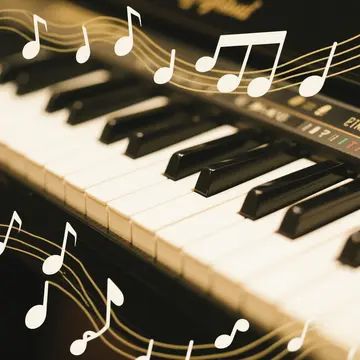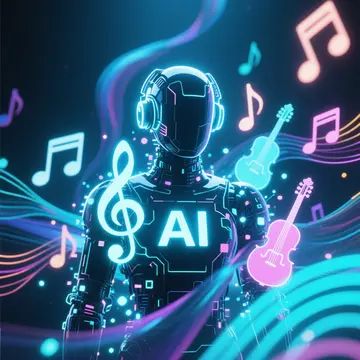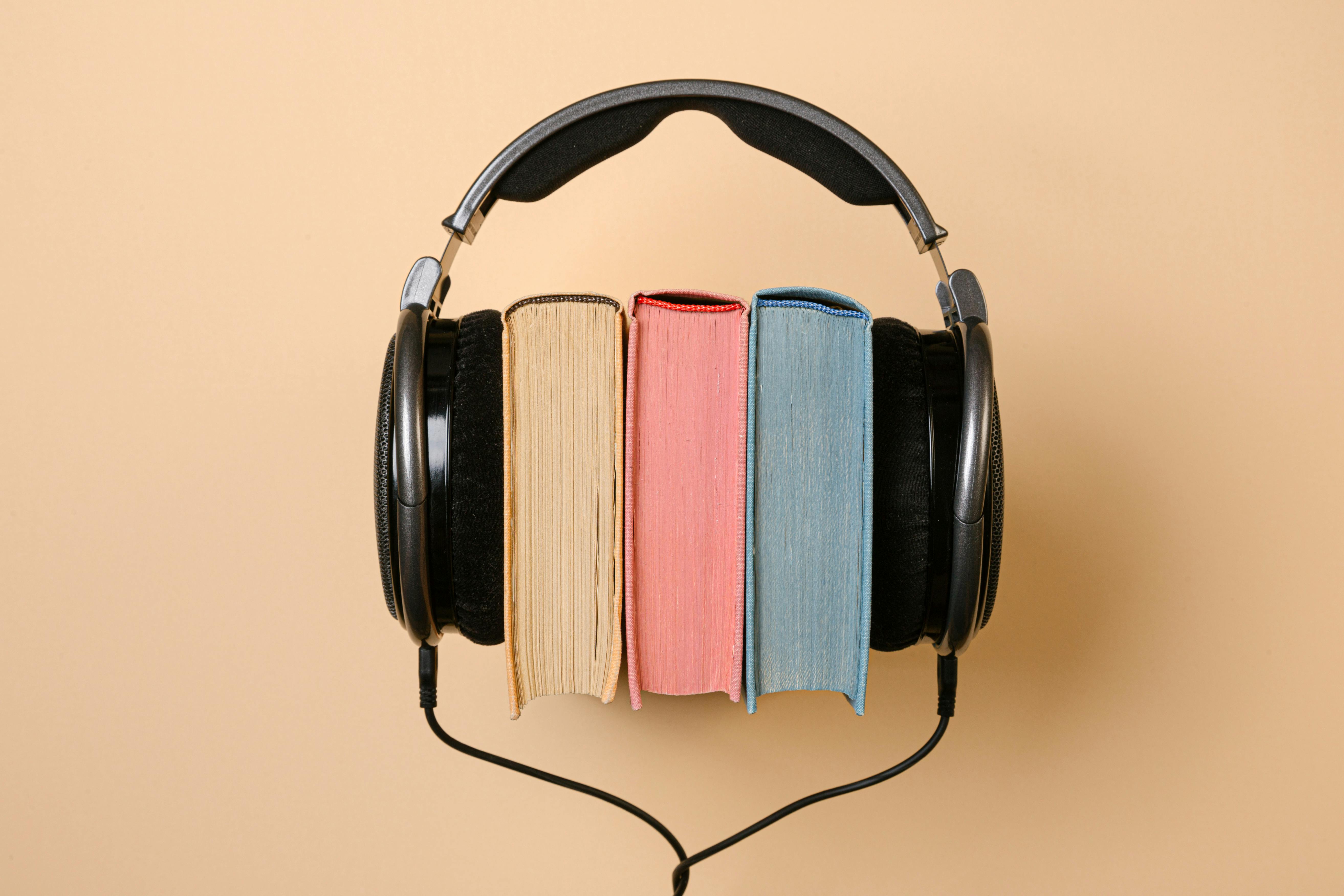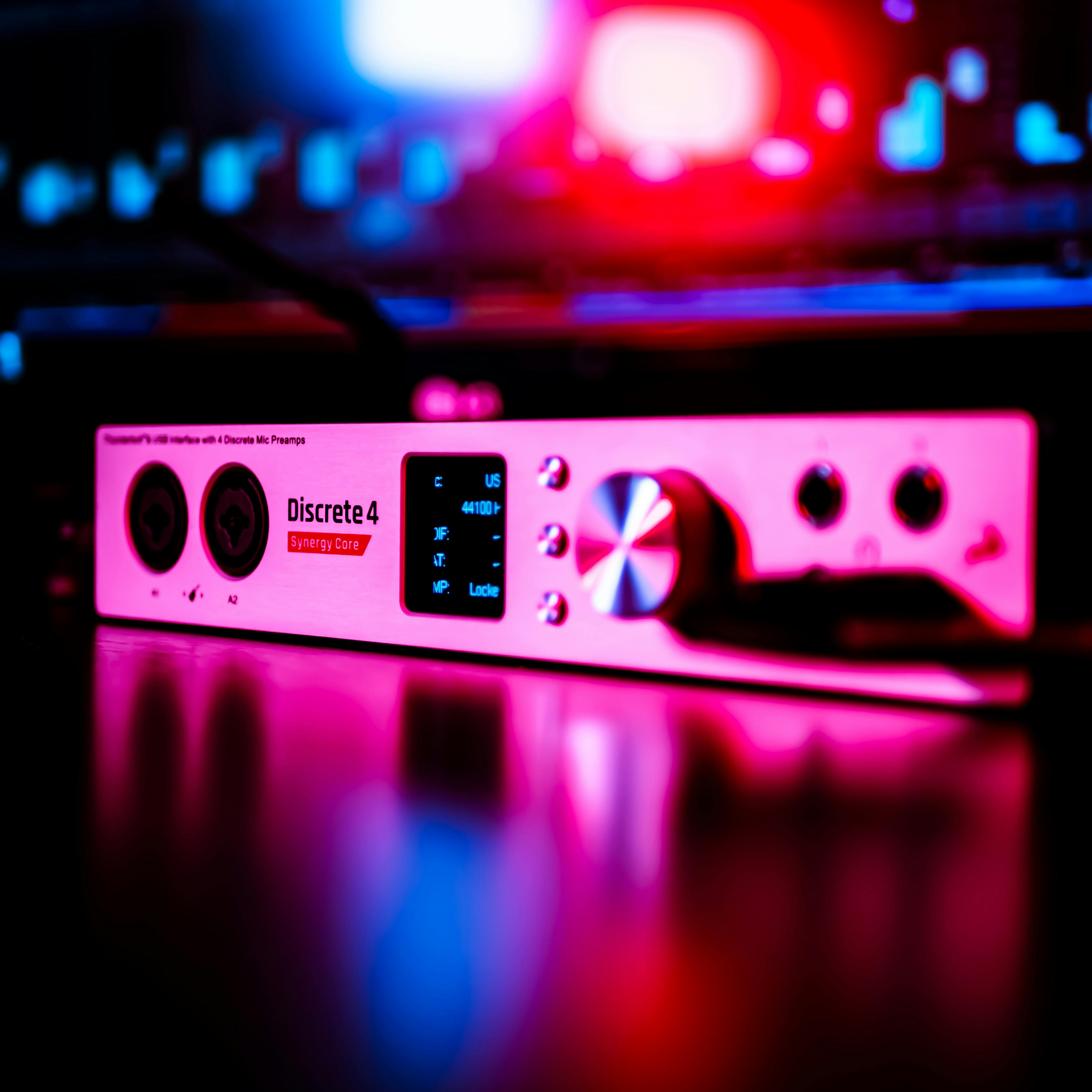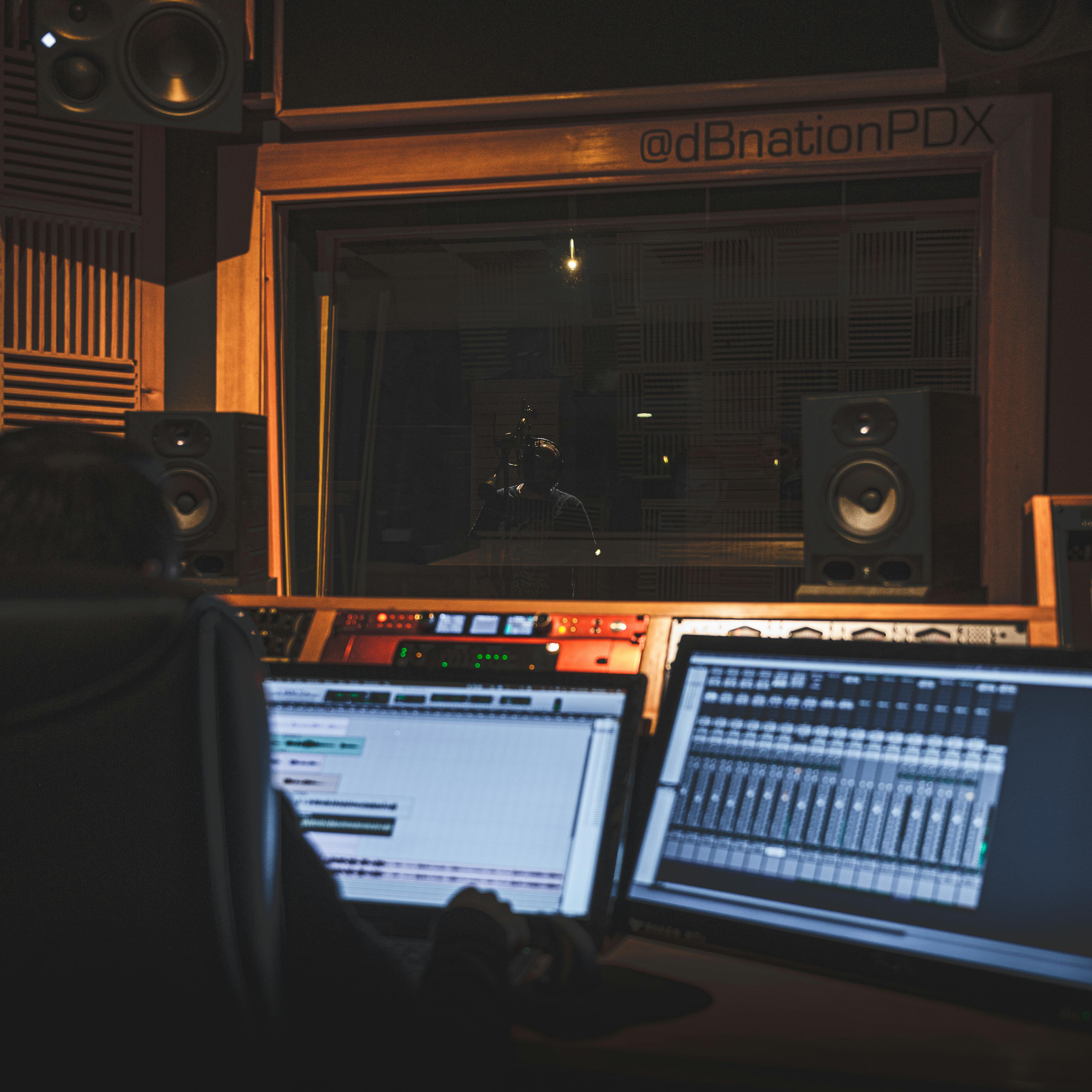Introduction
The rise of AI-generated music is transforming the creative landscape, but it’s also raising complex legal questions. As AI tools like Suno, Udio, and ChatGPT’s music features become more advanced, copyright laws are struggling to keep up.
For musicians, producers, and content creators, understanding AI music copyright law in 2024 is essential to avoid legal risks. This guide breaks down the key regulations, recent cases, and best practices to keep your AI-generated music compliant.
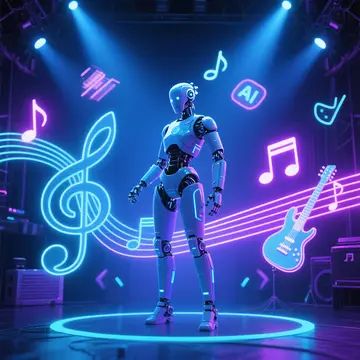
1. How Copyright Law Applies to AI Music
Who Owns AI-Generated Music?
U.S. Copyright Office (2023 ruling): AI-created works cannot be copyrighted unless there’s "substantial human input."
EU AI Act (2024): Requires transparency—AI tools must disclose if content is machine-generated.
Key Legal Risks:
? Training Data Issues – If an AI model was trained on copyrighted music, outputs may infringe.
? Derivative Works – AI remixes or covers of existing songs require licenses.
? Vocal Cloning – Mimicking a famous artist’s voice may violate publicity rights.
2. Recent Legal Cases Shaping AI Music Copyright
Major Lawsuits to Watch:
UMG vs. AI Drake Clone (2023) – Universal Music Group sued an AI platform for generating a fake Drake song, claiming copyright and voice rights violations.
Ed Sheeran’s "Thinking Out Loud" Case (2024) – While not AI-specific, this ruling on melodic similarity affects how AI music is judged.
Stability AI Lawsuits – Multiple cases challenge whether AI training on copyrighted data is legal.
What This Means for Creators:
AI covers and voice clones are high-risk.
Originality is key—modify AI outputs to avoid infringement.
3. How to Legally Use AI-Generated Music
Best Practices for Compliance:
? Use Licensed AI Tools – Platforms like Soundful and Boomy offer royalty-free AI music.
? Modify AI Outputs – Adjust melodies, structure, and sounds to ensure originality.
? Check for Plagiarism – Run tracks through Shazam, Audo.ai, or Landr before release.
? Get Proper Licenses – For AI covers, obtain mechanical licenses via Harry Fox Agency.
Avoid These Pitfalls:
? Using AI to clone copyrighted songs (e.g., generating a "Beatles-style" track).
? Releasing uncleared AI samples (even if the AI created them, they may resemble protected works).
4. The Future of AI Music & Copyright Law
Upcoming Regulations:
U.S. NO FAKES Act (2024) – Bans unauthorized AI voice clones without consent.
EU AI Act Enforcement – Stricter rules on AI training data transparency.
How to Stay Ahead:
? Follow legal updates from copyright offices and music industry groups.
? Document your creative process to prove human involvement in AI-assisted works.
Conclusion: Protect Your AI Music in 2024
AI is revolutionizing music creation, but copyright laws are evolving just as fast. By:
Understanding ownership rules
Avoiding high-risk AI uses
Using detection tools
Securing proper licenses
…you can harness AI’s power without facing legal consequences.
Need help navigating AI music copyright? Consult an entertainment lawyer before releasing your tracks!

